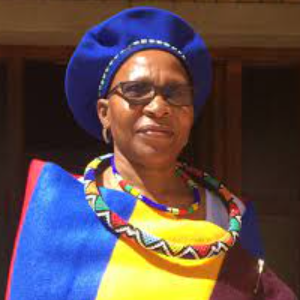Title : Stigma within aids loss of partner: A review of literature
Abstract:
The focus of this part of study was on the theory of stigma within the context of women who lost their partners to AIDS. The presentation provides the guidelines of how stigma manifests itself in both the perpetrators of stigma as well as the stigmatized. However, other authors’ views are also incorporated in this discussion as well as the author’s own synthesis of these views. Stigma is a concept that has been attributed to diseases that were feared and that seemed strange such as leprosy, tuberculosis, mental illness and disabilities. It is said to be an attribute that is discrediting, resulting from prejudice and leads to discrimination of the stigmatized person. Its process takes the following four forms: the differentness that results in labelling; linking human differentness with negative attributes; separating “us” from “them”; as well as the dependence of stigma on power. Three types were distinguished namely, stigma directed to the stigmatized, also referred to as the ‘etic’ view, the stigma directed to self, namely ‘emic’ view, as well as stigma directed to those closely related to the stigmatized or affected person. HIV and AIDS are stigmatized conditions where the loss of a partner necessitates coping with the stigma of having lost a partner who died of AIDS, as well as dealing with the effects of being infected with the disease if infected.
Takeaway Notes:
• Audience will get a general orientation of what the stigma is and particularly how it affects HIV and AIDS patients.
• Learn about different types of stigma
• Learn about the manifestation of stigma, particularly for HIV and AIDS patients.
• As nurses they will be able to identify if their patients experience stigma when they assess them.
• They will be able to identify the effects of stigma as experienced by their patients; not only HIV and AIDS but others as well.
• Intervene in assisting the patients to cope with stigma.
• The information can be used to teach students in Community Health, Mental Health and Psychiatric nursing.
• Quite a number of diseases are stigmatised so the study can be applied to other disciplines.
• The information can be used as background information for other researches.
• Research ideas in other disciplines can be generated from this information.



